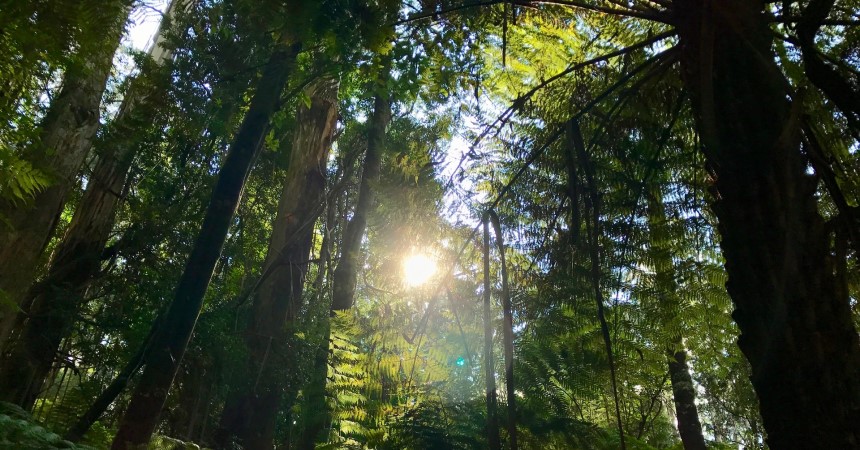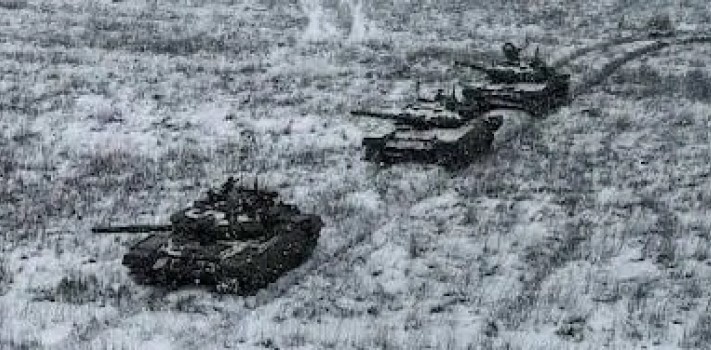
In the future, consumers should be more reassured that no forests have been lost anywhere in the world for the products they buy. That is the aim of a law against deforestation that the European Parliament approved in Strasbourg on Wednesday.
420 million hectares, an area larger than the European Union. This is how much forest has been lost worldwide since 1990, according to estimates by the Food and Agriculture Organization (FAO). About ten percent of that is due to consumption in Europe. Palm oil and soy represent more than two-thirds of this.
Palm oil and soy are therefore targeted by the new regulation, as are livestock, cocoa, coffee, wood and derivative products such as leather goods, chocolate and furniture. During negotiations with member states, MEPs added rubber, charcoal, printed paper, and several palm oil derivatives.
No import ban will apply to any country of origin or product. The European Commission will, however, make a risk assessment of all countries. In addition, authorities must conduct more frequent checks on products from high-risk countries. Every year, 9 percent of the companies that market or export products from these countries must be inspected. It must be possible to use satellite images and DNA analyses for these checks, among other things.
Tom Vandenkdelaere (CD&V) points out that the regulation should combat deforestation and protect European farmers against unfair competition. “We often see with regret how other parts of the world are deforested to produce cheaper food. This leads to a dangerous loss of biodiversity worldwide and an uneven playing field for our farmers,” he says.
The regulation was adopted by a broad majority of 552 votes to 44 with 43 abstentions. Once the member states have also sealed the compromise, companies will have 18 months to comply. In the meantime, the Commission will evaluate whether additional products or ecosystems should be added to the list.







